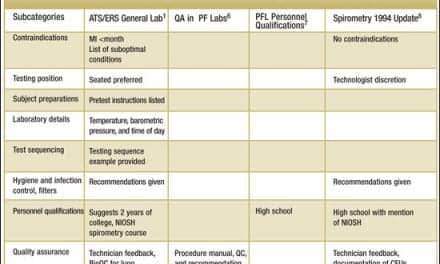In a study published online by JAMA and presented at ATS 2016, May Clinic researchers evaluated the efficacy and safety of early aspirin administration for the prevention of acute respiratory distress syndrome (ARDS).
Acute respiratory distress syndrome remains a life-threatening critical care syndrome. The median time to onset of ARDS is 2 days after hospital presentation. The period between hospital presentation and development of ARDS presents a brief window for possible prevention. ARDS is viewed as an inflammatory condition. Observational studies have suggested a potential preventive role for antiplatelet therapy in patients at high risk for ARDS.
Daryl J. Kor, MD, MSc, of the Mayo Clinic, Rochester, Minn, and colleagues randomly assigned patients at risk for ARDS (based on a lung injury prediction score) administration of aspirin (n = 195) or placebo (n = 195) within 24 hours of emergency department presentation and continued to hospital day 7, discharge, or death. The study was conducted at 16 US academic hospitals.
The researchers found that the administration of aspirin, compared with placebo, did not significantly reduce the incidence of ARDS at 7 days (20 patients [10.3%] in the aspirin group vs 17 patients [8.7%] in the placebo group). No significant differences were seen in secondary outcomes or adverse events, such as ventilator-free days, hospital and intensive care unit length of stay, 28-day and 1-year survival.
“The findings of this phase 2b trial do not support continuation to a larger phase 3 trial,” the authors wrote.









